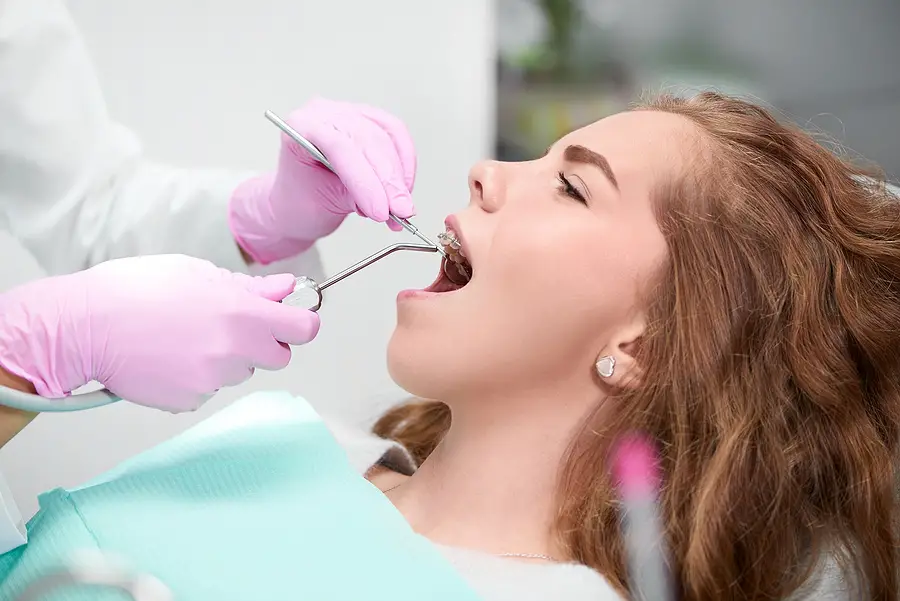
Smoking not only poses major risks to your lungs and heart, but it also wreaks havoc on your oral cavity. From stained teeth to gum disease and even more serious complications, tobacco use can have far-reaching consequences for your smile.
How Smoking Affects Oral Health
We all know that smoking is harmful to our overall health, but did you know that it can have a significant impact on your oral health as well? Smoking has been linked to a wide range of dental problems, from stained teeth and bad breath to more serious conditions such as gum disease and oral cancer. So, if you’re a smoker, it’s important to be aware of how this habit can affect your mouth.
One of the most visible effects of smoking on oral health is tooth discoloration. The nicotine and tar found in cigarettes can stain the enamel of your teeth, giving them a yellowish or brownish tint. This not only affects the appearance of your smile but also makes it harder to maintain good oral hygiene. Smoking also increases the risk of developing gum disease. When you smoke, the toxins in cigarettes irritate the gums and reduce blood flow to the tissues in your mouth. This weakens the immune system’s ability to fight off bacteria and infection, leading to inflammation and, eventually, gum disease.
In addition to gum disease, smokers are at higher risk for developing other serious oral health issues such as periodontitis (advanced gum disease) and even oral cancer. Studies have shown that smokers are six times more likely than non-smokers to develop these conditions.
Tips for Preventing and Treating Oral Health Issues Related to Smoking
- Quit smoking: The most effective way to prevent oral health issues related to smoking is to quit smoking altogether. Not only will this improve your overall health, but it will also significantly reduce the risk of developing dental problems.
- Maintain good oral hygiene: Brush your teeth at least twice a day with fluoride toothpaste and floss daily. Regularly visiting your dentist for professional cleanings can also help remove plaque buildup caused by smoking.
- Be aware of warning signs: Keep an eye out for any changes in your mouth or throat that could indicate a problem, such as persistent bad breath, dry mouth, sore gums, or white patches on the tongue or cheeks. If you notice anything unusual, seek professional advice promptly.
- Stay hydrated: Smoking can contribute to dry mouth, which can increase the risk of cavities and other oral health issues. Drink plenty of water throughout the day to keep your mouth moist and rinse away harmful bacteria.
- Use nicotine replacement therapy (NRT): If quitting smoking seems challenging, consider using NRT products like nicotine gum or patches under medical supervision. These can help reduce withdrawal symptoms while gradually weaning off tobacco.
Remember that these tips are not meant to replace professional dental advice; always consult with your dentist for personalized guidance on how best to address specific oral health concerns related to smoking.
Contact Rittenhouse Dental Group at 255 S. 17TH ST., STE. 2807, Philadelphia 19103, or call 215-546-2311 to learn more.

